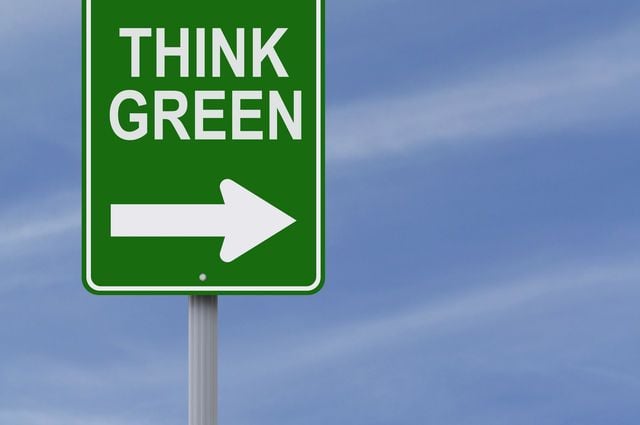The (Green) Recovery Imperative: Hospitality Re-Set Or Bouncing Forward?
15 experts shared their view
COVID-19 has exposed many of the weaknesses in our industry in terms of risk and hazard management, contingency, and resiliency plans but also in the way we blindly deal with our environment. Crises, as damaging as they may be, trigger opportunities in product, service, and systems innovations. Investing now in climate resilience is an enormous economic opportunity as governments and the industry are looking into economic recovery. From clean energy to carbon-neutral buildings and from farm to fork strategy, the hospitality industry has the unique opportunity to be at the core of this transition, helping to shape the transformation and leading to a new, sustainable post-COVID-19 normal. So is the industry ready and willing to bounce forward into a green recovery or rather bounce back to the pre-COVID-19 norm? What components and resources are necessary and how do we go about activating a 'green recovery' in hospitality?
Shared Commitment is Key to a Green Hospitality Recovery
Hospitality will be bouncing forward. In the last months, we heard and watch through countless webinars what will be the strategy and what could be the best move. Despite the several initiatives to put environmental concerns at the front, the curve is still at its early stages. The industry is still in a shock and the second wave of consequences of the COVID-19 crisis has not started yet.
As over-tourism shall not be an issue, for now, the few travelers who will gradually resume will do it with a higher conscience and the hoteliers will observe the first reactions and requests.
The demand of customers for a more responsible tourism & hospitality industry, after a steady evolution in the last decade, has continued to change in the early part of 2020. One of the trends, that leans towards more domestic tourism, will bring traveler's behavior to be even more careful of their environment and the impact of their stay. Additionally, lost of people during the confinement had time (a lot of it) to think and reflex on their impact and their future. It seems to me that the conscience level rose, and this shall guide the demand for more care about communities and nature.
That demand is the main component of a green recovery. The “rest” is already there: technology, data systems, processes, certifications, best practices, and leaders in the area so we can follow the steps. We even already have the proof that “going green” is, more often than not, a smart economical move. Importantly, the willingness and determination of the employees who operate the industry is already strong. Last and possibly the least: policies. Some are existing, few are being discussed, many could have been implemented a while ago. If they have not it is because only the demand and our economical system's logic will bring the investors, owners, and operators to act. Long-term public interest shall prevail on the short-term individual interest, as this crisis has raised the sense of responsibility, as well as lowered the importance of “time”.


